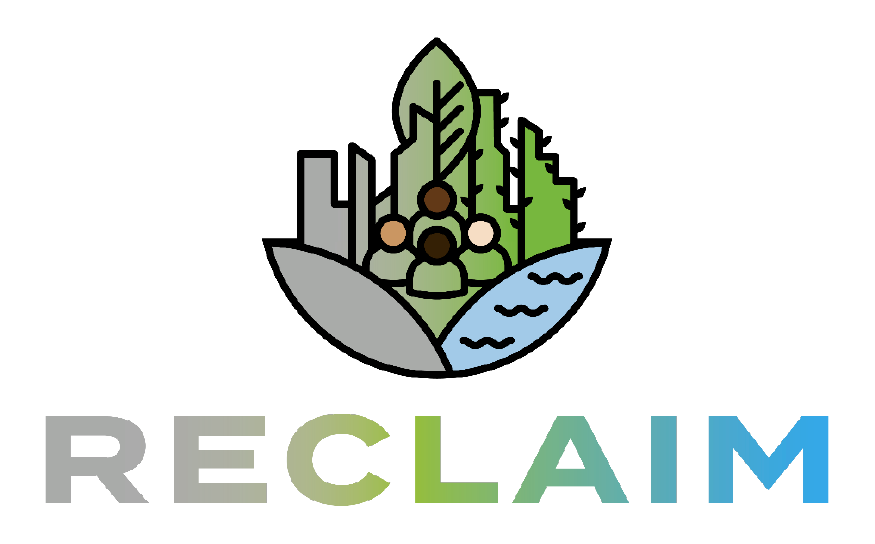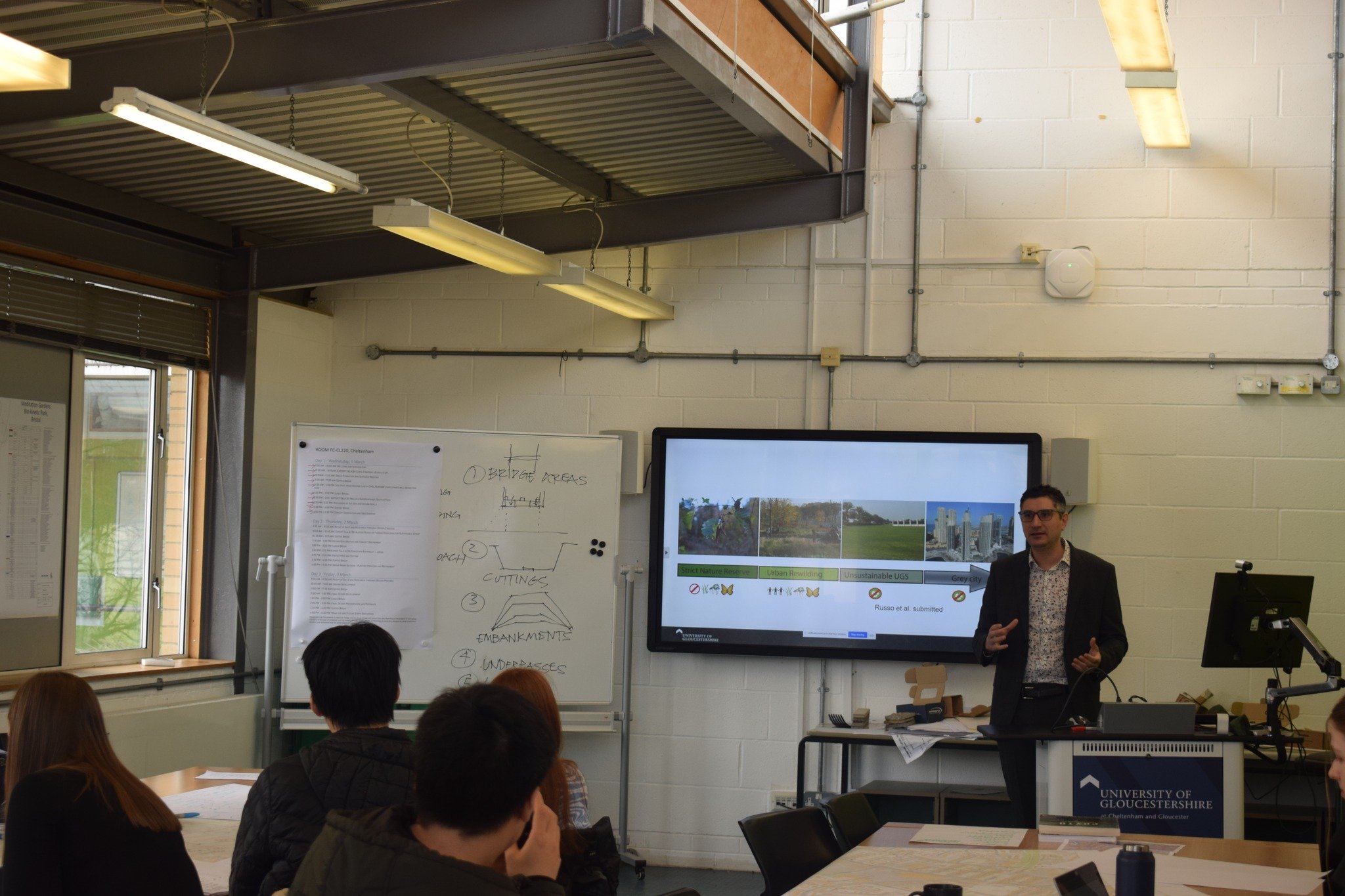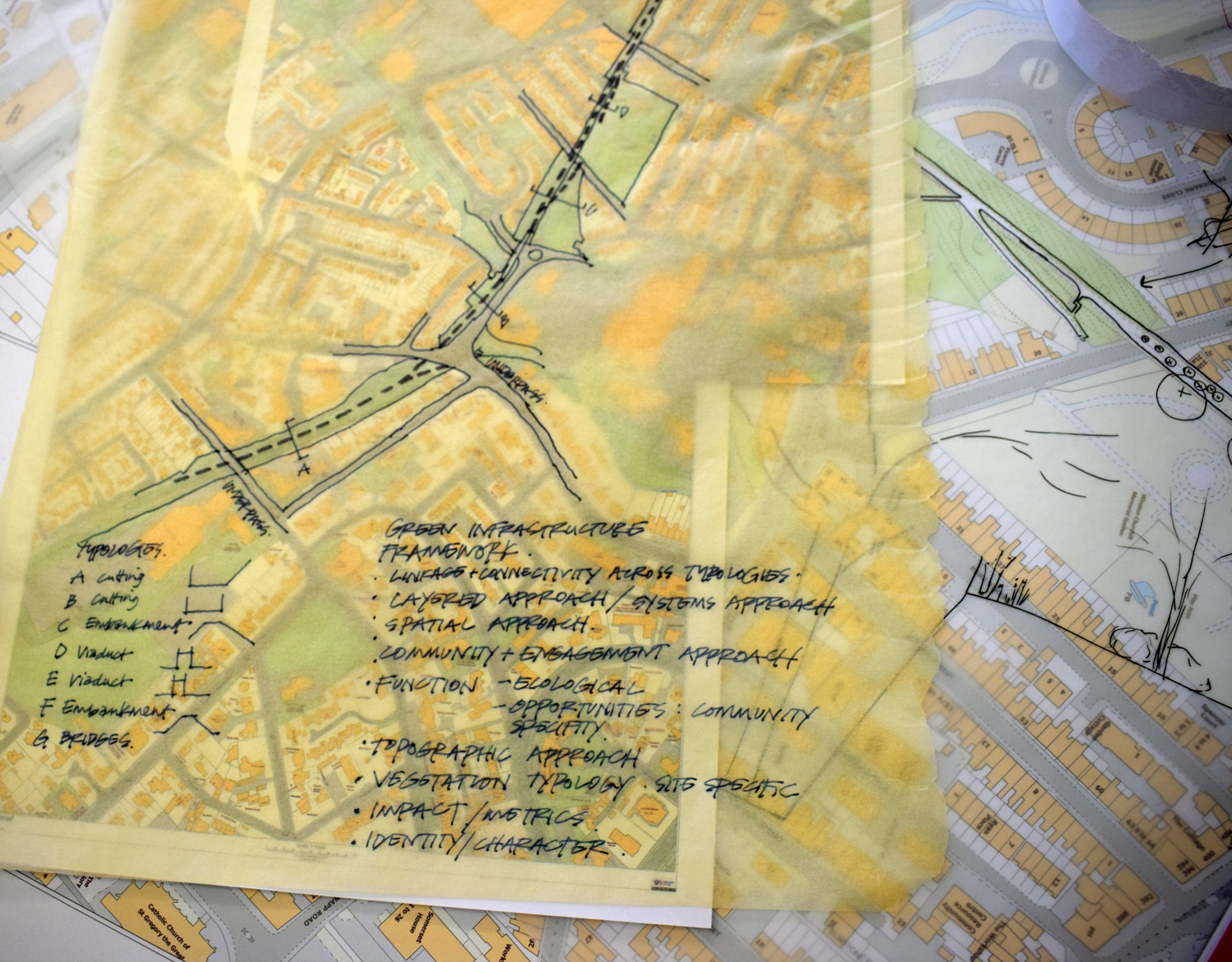Urban rewilding aesthetics and people's needs into multifunctional blue and green infrastructure design – what does that mean?
Simply put, it is the idea of reintroducing some of the wildness and natural habitats to our urban environments, in a way that benefits both people and wildlife.
This exciting project is being funded by the RECLAIM Network Plus and aims to explore the challenges and benefits of rewilding in urban contexts. The research team behind this project includes Dr Alessio Russo, Dr Alice Goodenough, and Adam Sheppard from the University of Gloucestershire. In addition, there are several international partners involved, ranging from California to Japan. By working with local authorities, public land managers, and local communities, the project investigates how to create "wild" aesthetics and management strategies that are both functional and attractive.
One of the main focuses of this research is on biodiversity ambitions and whether changes in objectives and aesthetics will ultimately reinforce or eliminate disparities in access to green spaces. The project aims to create a set of resources that will help local authorities and land managers determine how, where, and what types of urban rewilding might benefit local communities in terms of health and wellbeing through increased access to higher quality green infrastructure.
One of the main focuses of this research is on biodiversity ambitions and whether changes in objectives and aesthetics will ultimately reinforce or eliminate disparities in access to green spaces. The project aims to create a set of resources that will help local authorities and land managers determine how, where, and what types of urban rewilding might benefit local communities in terms of health and wellbeing through increased access to higher quality green infrastructure.
The project has already generated significant local and international interest, and a three-day design workshop was organised to explore the possibilities of rewilding Cheltenham's former elevated Honeybourne railway line, now a cycle and public footpath. The workshop involved national and international speakers and participants who proposed three different scenarios: intensive rewilding, moderate rewilding, and a "signature" landscape.
The project also included a focus group with local authorities who were asked about their understanding and use of the term "rewilding" and what objectives they were pursuing in their area. These conversations aimed to increase coordination between different areas of the local authority and ensure that the benefits of rewilding were shared across the board.
The first results of this project will be presented at the European Forum on Urban Forestry in Poland later this month. This research is crucial in promoting the idea of rewilding and showcasing how it can benefit both people and wildlife in urban areas.
This work has been supported by the UKRI-funded RECLAIM Network Plus grant (EP/W034034/1).
Dr Alessio Russo (Senior Lecturer in Landscape Architecture, University of Gloucestershire)





